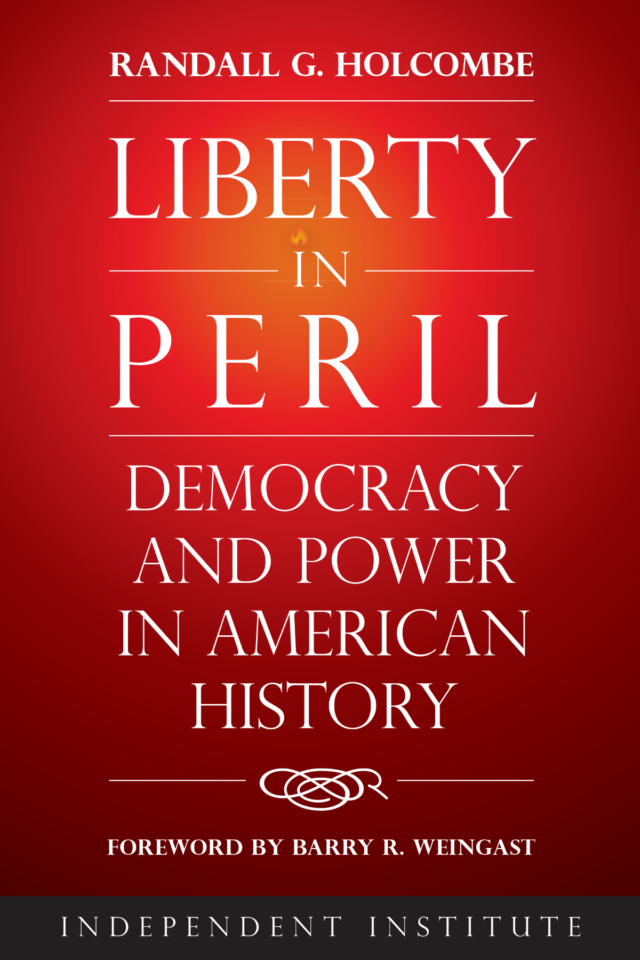“Liberty in Peril,” authored by renowned economist and political economist Randall G. Holcombe, serves as a compelling exploration of the threats faced by individual liberties in modern societies, particularly in the context of expanding government power. Holcombe presents a thought-provoking analysis of the trade-offs between government intervention and personal freedom, shedding light on the erosion of liberties caused by excessive regulatory measures and bureaucratic structures.
At the heart of Holcombe’s argument is the notion that as governments grow in size and scope, they tend to encroach on the freedoms of their citizens. This growth, characterized by extensive regulations and social welfare programs, often comes at the expense of individual initiative and entrepreneurship. Holcombe deftly illustrates how such interventions can hinder economic growth and stifle the innovative spirit that fuels societal progress.
One of the primary concerns highlighted in the book is the impact of government policies on education and healthcare. While the intent behind such interventions may be to address societal needs and ensure equality, Holcombe raises caution about their potential unintended consequences. Government control in these areas can lead to a one-size-fits-all approach, restricting the choices available to individuals and reducing the incentives for improvement and competition.
The book also delves into the ramifications of an ever-expanding tax burden. Holcombe argues that high taxation limits individuals’ financial freedom, reducing their ability to save, invest, and make choices that best suit their preferences and circumstances. Additionally, he points out that complex tax systems can create loopholes and encourage resource misallocation, further hindering economic prosperity.
Throughout “Liberty in Peril,” Holcombe advocates for a return to the principles of limited government. He contends that by reducing government interference in citizens’ lives, societies can better preserve individual liberties and foster an environment conducive to personal and economic growth. Emphasizing the importance of choice and individual responsibility, Holcombe posits that a free and competitive market allows individuals to pursue their interests and make decisions aligned with their unique values.
The book concludes with a call for a reevaluation of the role of the state in modern society. Holcombe encourages policymakers and citizens alike to critically assess the consequences of government actions, striving for a balanced approach that safeguards both individual rights and the collective good. By understanding the delicate balance required between governance and personal freedom, societies can chart a path toward preserving liberty while addressing societal needs effectively.
In summary, “Liberty in Peril” offers a compelling examination of the challenges faced by contemporary societies in protecting individual liberties in the face of a growing government presence. Through a thorough analysis of government intervention in various aspects of citizens’ lives, Holcombe presents a compelling case for limited government as a means to uphold individual freedoms, promote economic prosperity, and ensure the well-being of society as a whole.











